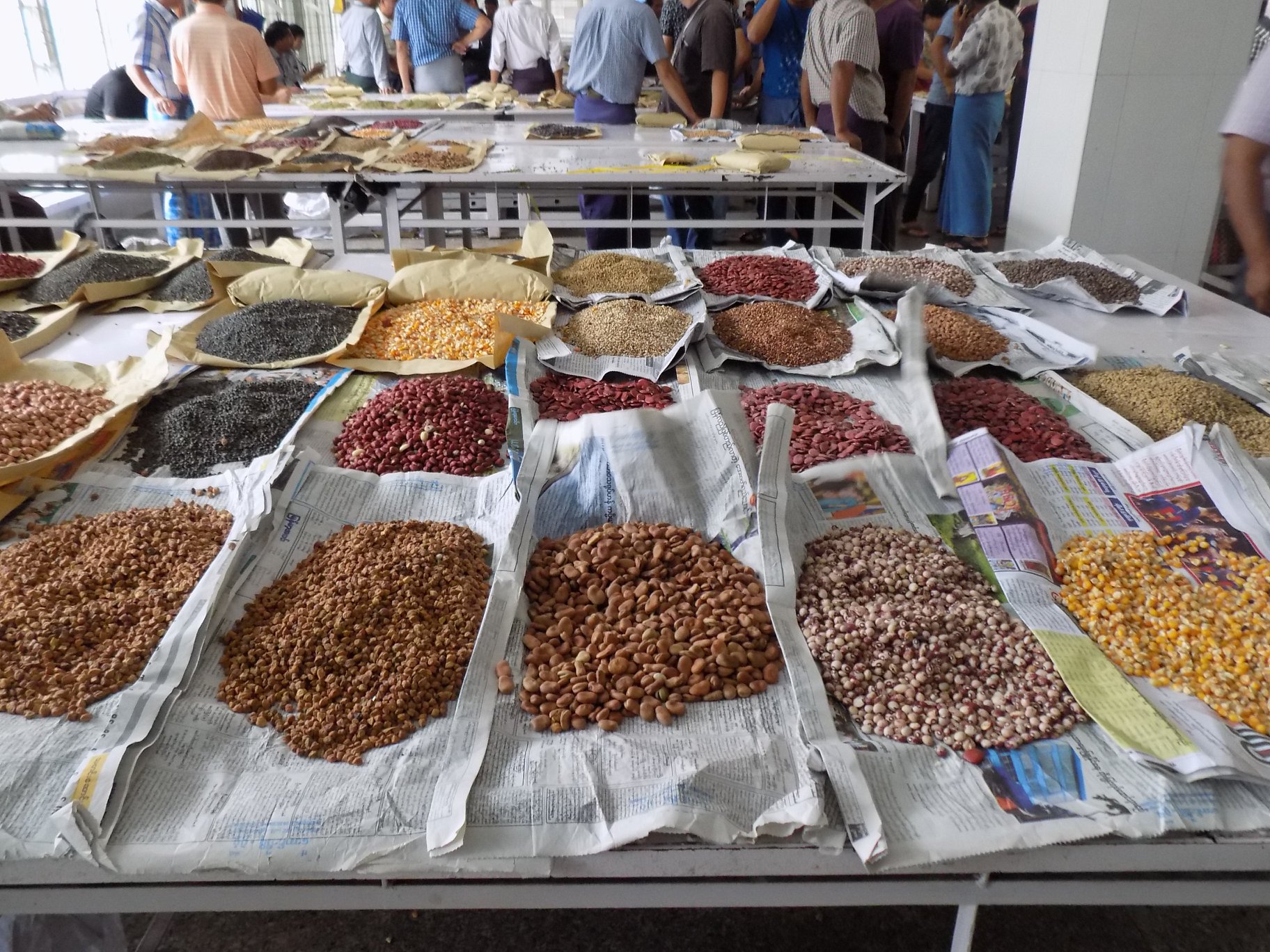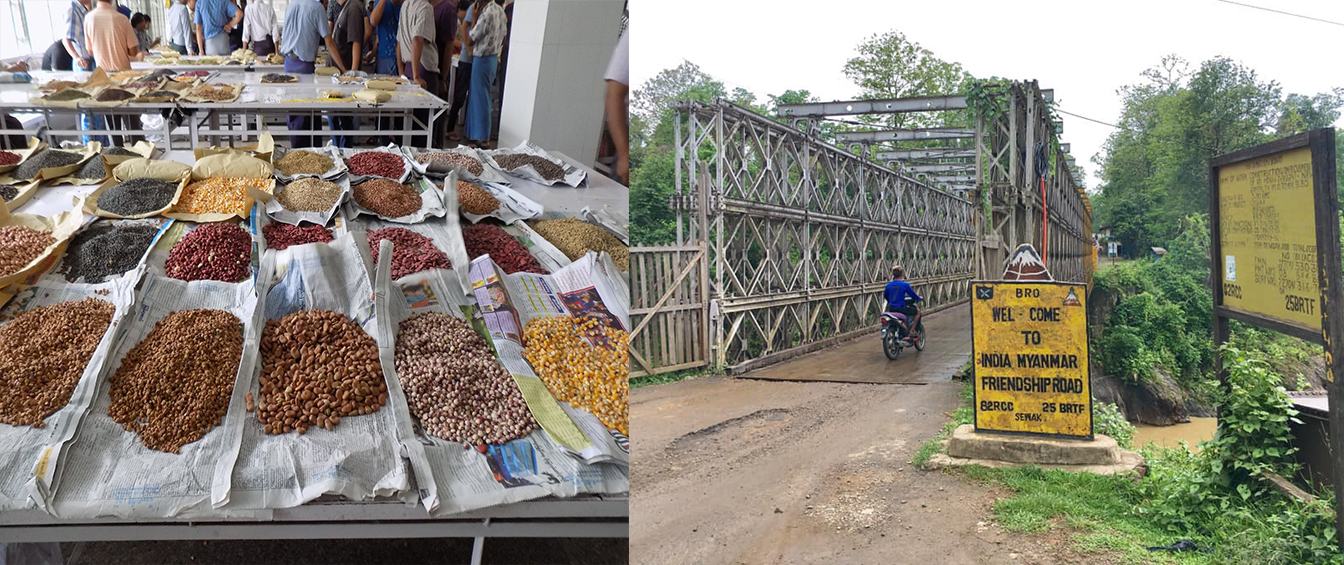CNI News
22 Oct 2022
Low quality and stock of Vigna mungo in India may increase the demand for the crop, according to pulses and bean merchants.
Although Vigna mungo is currently being harvested in India, the quality of the crop is low due to bad weather conditions. Therefore, India is likely to import high quality Vigna mungo from Myanmar in large volumes, Head of Ayeyar Trade Centre U Nay Win Soe told the CNI.
He said, “Vigna mungo harvested in India is of low quality due to unpredictable rains. Millers do not like their Vigna mungo. They need high quality crop. At the same time, their stock is dwindling. They will have to turn to Vigna mungo from Myanmar. I think they will import the crop from Myanmar in the coming months.”

A scene of New Dehli.
Moreover, the prices of pulses and beans have risen in the Indian market recently.
The prices of Myanmar Vigna mungo are likely to rise amid the growing Indian demand, U Thant Zin, a pulses and bean market observer told the CNI.
He said, “The prices of pulses and beans have risen in India recently. The prices of 100 kg have risen by between Rupee 50 to 100. It was also estimated that the prices of pulses and beans would increase in the Chinai market because the stock is very low. The quality of newly harvested Vigna mungo is very low. They need high quality Vigna mungo. So, the prices of high quality Vigna mungo are likely to rise.”
Currently, the prices of Vigna mungo in the Myanmar market stand at MMK 60,000 per basket.

Myanmar Vigna mungo.
Without changes in pulses and beans import policies of India, the Myanmar export policy and local exchange rates, the prices of pulses and beans will continue to rise and hit MMK 65,000 per basket, according to merchants and market researchers.
Although the demand for Myanmar pulses and beans is growing, the exports of pulses and beans have been delayed by restrictions of the Central Bank of Myanmar on foreign exchange earnings.
During the six-month period from 1st April to 7th October, Myanmar exported 800,000 tons of pulses and beans worth more than US$ 655 million, according to statistics released by the Ministry of Commerce.




